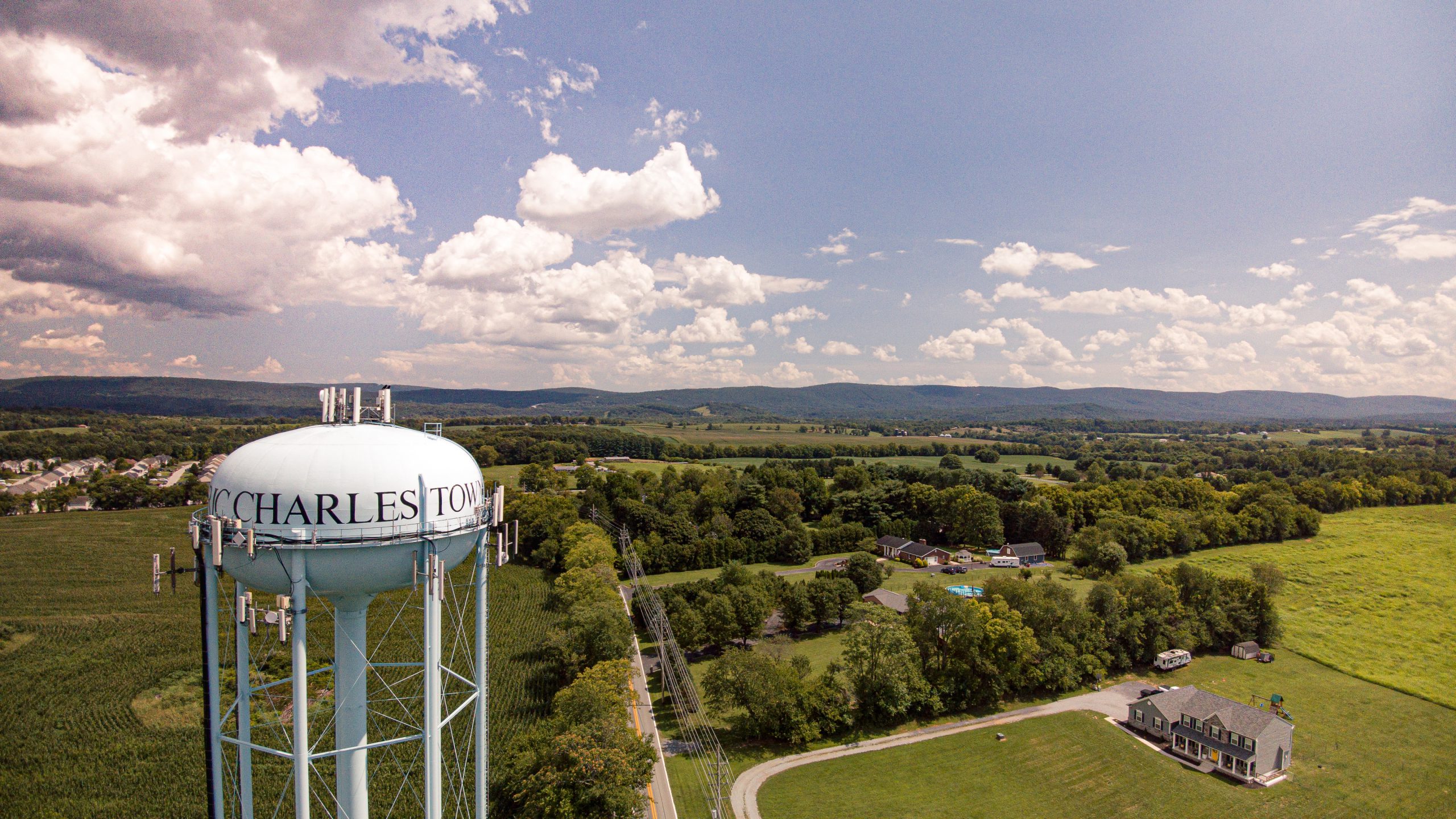By Lisa Bailey, Technical Analyst, Engineering Division, Public Service Commission of West Virginia
What can a utility do when finding a customer has tampered with utility services? What can a utility do when finding an improper connection to the water system? Can a utility terminate water service without notice? Can a utility deny service to an applicant? These are just some of the common questions the PSC often addresses through both the formal and informal complaint case process.
WV Code § 61-3-44 provides that, in part:
“Procuring gas, water, or electricity, by device, with intent to defraud; penalty, shall be punishable as a misdemeanor.”
The Public Service Commission’s Rules and Regulations for the Government of Water Utilities (Water Rules), 150 C.S.R.7, more specifically address termination of service without notice and refusal to serve an applicant.
Rule 4.8., Utility discontinuance of service, specifically, Rule 4.8.a.2., states:
“Where conditions hazardous to life or property are found to exist on the customer’s premises, or where the utility’s regulating, measuring or distribution equipment or facilities have been tampered with, the water may be shut off without notice in advance.”
Rule 4.9., Refusal to serve applicant, specifically, Rule 4.9.a., states:
“Non-compliance with rules. Any utility may decline to serve an applicant until he has complied with these rules and the Commission approved utility’s rules set forth in a Commission approved tariff governing water service.”
Rule 4.9.b., states:
“Applicant’s facilities inadequate.—The utility may refuse to serve an applicant if, in its judgment, the applicant’s installation of piping equipment is regarded as hazardous of such character that satisfactory service cannot be provided.”
Rule 4.11., Access to property, specifically, Rule 4.11.a., states:
“The utility shall at all reasonable times have access to meters, service connections and other property owned by it on customer’s premises, for the purpose of maintenance and operation. Neglect or refusal on the part of the customers to provide reasonable access to meters, service connections and other property owned by the utility for the above purposes shall be deemed to be sufficient cause for discontinuance of service.”
Rule 5.3., Customer Service Pipe, specifically, Rule 5.3.h., states:
“A customer must maintain his service pipe in good condition and free from all leaks and defects, at the customer’s cost and expense. A customer’s failure to comply with this rule may result in termination of service pursuant to these Rules.”
Rule 5.3.m., states:
“The customer shall not attach any fixtures to, or make any branches in, the
customer service pipe between the point of service and the premises served. Violation of this rule may result in termination of service pursuant to Rule 4.8.”
Rule 5.3.n., states:
“There shall be no more than one (1) customer service pipe required to serve a single premises and each premises shall be supplied through an independent customer service pipe, unless otherwise approved by the utility in writing.”
In summary, while a properly operated utility should only have to enforce these measures in extreme cases, the utility has the right and ability to terminate water service, without notice, and to deny service to customers that do not follow the proper Rules for the Government of Water Utilities.
Source: Lisa Bailey, The Pipeline, Summer 2020, Public Service Commission of West Virginia.


